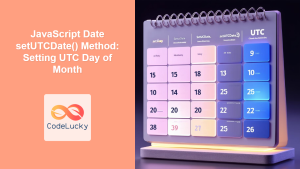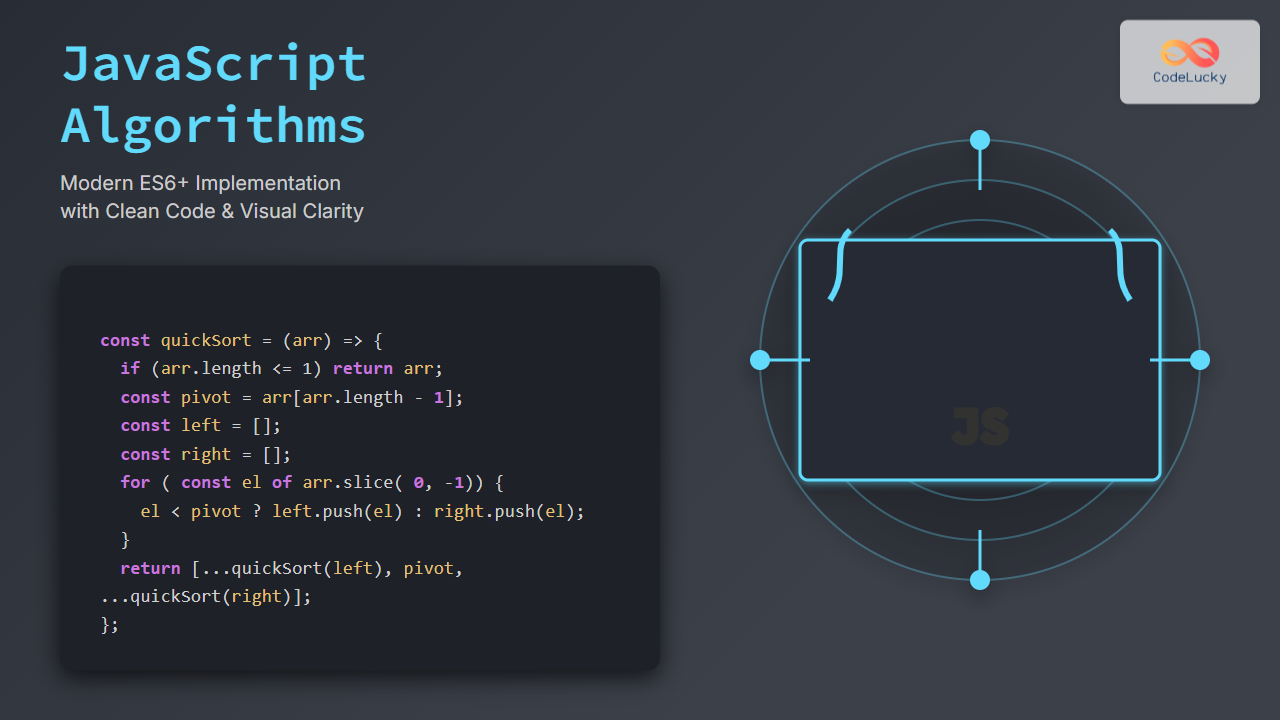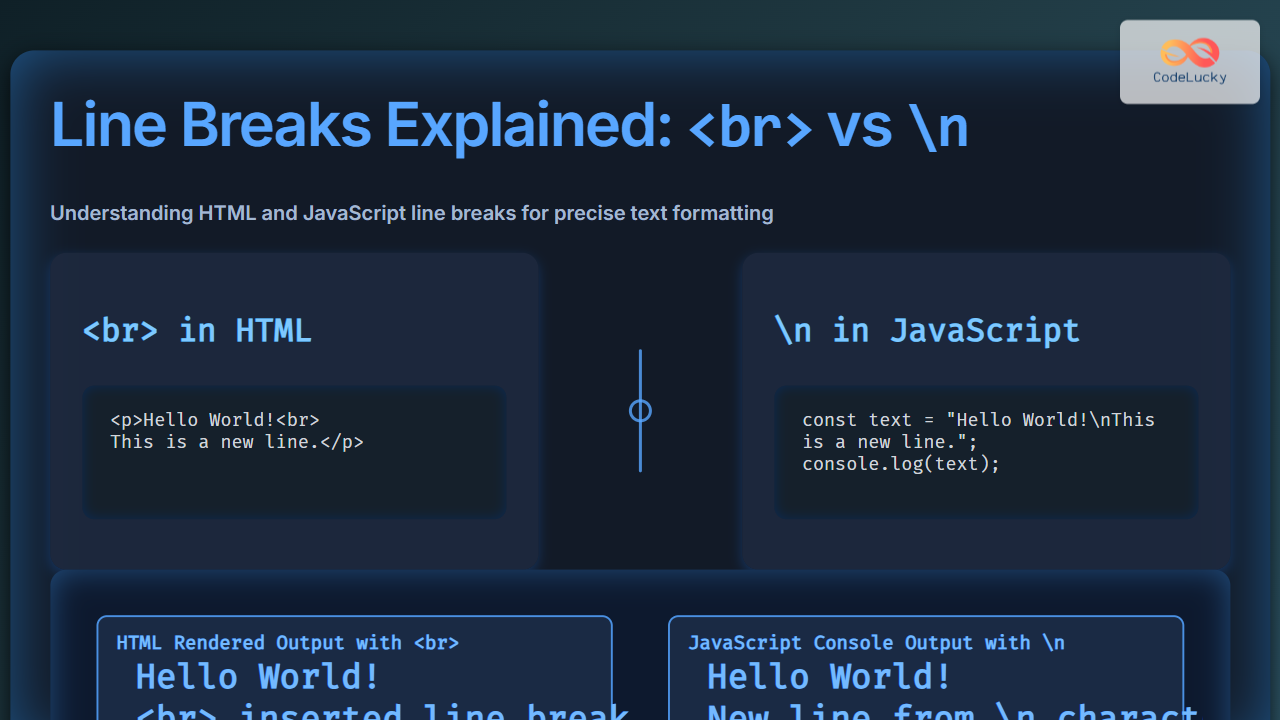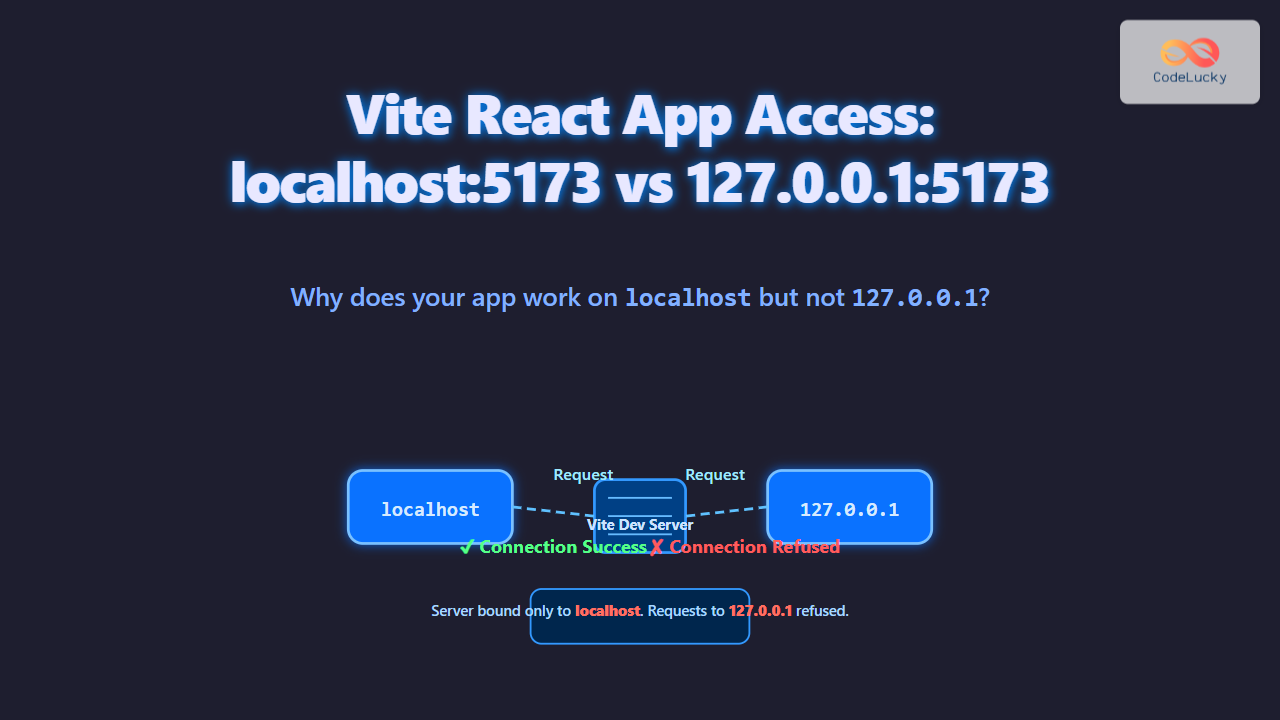JavaScript Date getUTCDay() Method: Getting the UTC Day of the Week
The getUTCDay() method in JavaScript’s Date object is used to retrieve the day of the week for a specific date, according to Universal Coordinated Time (UTC). This method returns an integer representing the day of the week, where 0 corresponds to Sunday, 1 to Monday, and so on, up to 6 for Saturday. It’s particularly useful when working with dates across different time zones and you need to ensure consistency by using UTC time.
Understanding the Purpose
The getUTCDay() method is essential for applications that need to perform date calculations based on the day of the week. This is especially true in situations where:
- Time Zone Agnosticism: Your application is used globally and needs to use a consistent time reference.
- Scheduling Systems: You need to calculate recurring events or reminders that fall on specific days of the week.
- Data Analysis: You need to group and aggregate data based on the day of the week.
Syntax
The syntax for the getUTCDay() method is simple:
dateObject.getUTCDay()
dateObject: This is aDateobject from which you want to extract the UTC day of the week.
Return Value
The method returns an integer between 0 and 6, representing the day of the week (0 for Sunday, 1 for Monday, 2 for Tuesday, 3 for Wednesday, 4 for Thursday, 5 for Friday, and 6 for Saturday).
Examples
Let’s dive into some examples to illustrate how to use the getUTCDay() method effectively.
Basic Example
First, let’s create a new Date object and get the UTC day of the week.
<p id="utcDayResult1"></p>
<script>
const now = new Date();
const utcDay1 = now.getUTCDay();
document.getElementById("utcDayResult1").textContent =
"The UTC day of the week is: " + utcDay1;
</script>
Output:
The UTC day of the week is: [an integer between 0 and 6, representing the current day of the week in UTC]
Using a Specific Date
Let’s now examine how to get the UTC day of a specific date.
<p id="utcDayResult2"></p>
<script>
const specificDate = new Date("2024-07-20T12:00:00Z");
const utcDay2 = specificDate.getUTCDay();
document.getElementById("utcDayResult2").textContent =
"The UTC day of the week for 2024-07-20 is: " + utcDay2;
</script>
Output:
The UTC day of the week for 2024-07-20 is: 6
In this example, we set a specific date (“2024-07-20T12:00:00Z”) and extracted its UTC day. 2024-07-20 was a Saturday, hence the value 6.
Mapping the Day Number to Day Name
To make the output more user-friendly, we can map the numeric day values to their respective day names.
<p id="utcDayResult3"></p>
<script>
const dateForDay = new Date("2024-07-22T12:00:00Z");
const utcDay3 = dateForDay.getUTCDay();
const daysOfWeek = [
"Sunday",
"Monday",
"Tuesday",
"Wednesday",
"Thursday",
"Friday",
"Saturday",
];
const dayName = daysOfWeek[utcDay3];
document.getElementById("utcDayResult3").textContent =
"The UTC day of the week for 2024-07-22 is: " + dayName;
</script>
Output:
The UTC day of the week for 2024-07-22 is: Monday
Here, the output is much clearer because it displays the full day name instead of just a number. 🗓️
Using getUTCDay() in a Function
Let’s encapsulate the functionality of getting the day of the week into a reusable function.
<p id="utcDayResult4"></p>
<script>
function getDayOfWeekUTC(date) {
const utcDay4 = date.getUTCDay();
const daysOfWeek = [
"Sunday",
"Monday",
"Tuesday",
"Wednesday",
"Thursday",
"Friday",
"Saturday",
];
return daysOfWeek[utcDay4];
}
const dateForFunction = new Date("2024-07-26T12:00:00Z");
const dayOfWeek = getDayOfWeekUTC(dateForFunction);
document.getElementById("utcDayResult4").textContent =
"The UTC day of the week is: " + dayOfWeek;
</script>
Output:
The UTC day of the week is: Friday
This function getDayOfWeekUTC() is reusable and can be used to get the day of the week for any Date object. ✨
Displaying the day of the week on a canvas
Here’s an example of displaying the day of the week on a canvas element, which can be part of a more complex interactive calendar or scheduling app.
<canvas id="dayCanvas" width="300" height="100" style="border:1px solid #000;"></canvas>
<script>
const canvas_day = document.getElementById('dayCanvas');
const ctx_day = canvas_day.getContext('2d');
function getDayNameUTC(date) {
const utcDay = date.getUTCDay();
const daysOfWeek = ["Sunday", "Monday", "Tuesday", "Wednesday", "Thursday", "Friday", "Saturday"];
return daysOfWeek[utcDay];
}
const dateForCanvas = new Date();
const dayName = getDayNameUTC(dateForCanvas);
ctx_day.font = '20px Arial';
ctx_day.fillStyle = 'blue';
ctx_day.textAlign = 'center';
ctx_day.fillText(`Today is: ${dayName}`, canvas_day.width / 2, canvas_day.height / 2);
</script>
This example combines the getUTCDay() method with canvas rendering to create a dynamic element that displays the current day of the week. 🎨
Important Notes
- The
getUTCDay()method returns the day of the week based on UTC time. This is crucial for consistency across different time zones. - The return value ranges from 0 to 6, where 0 represents Sunday and 6 represents Saturday.
- When working with dates and time, it’s essential to understand how time zones impact the results of date methods. Using UTC methods can help you avoid inconsistencies and unexpected behavior. ⏱️
Conclusion
The getUTCDay() method is a valuable tool for JavaScript developers when working with dates and times, especially in scenarios that require time zone consistency. This method simplifies the task of getting the day of the week in UTC, making it easier to perform calculations and display information accurately for a global audience. By following the examples and guidelines provided in this article, you will be able to effectively utilize the getUTCDay() method in your own projects.



















